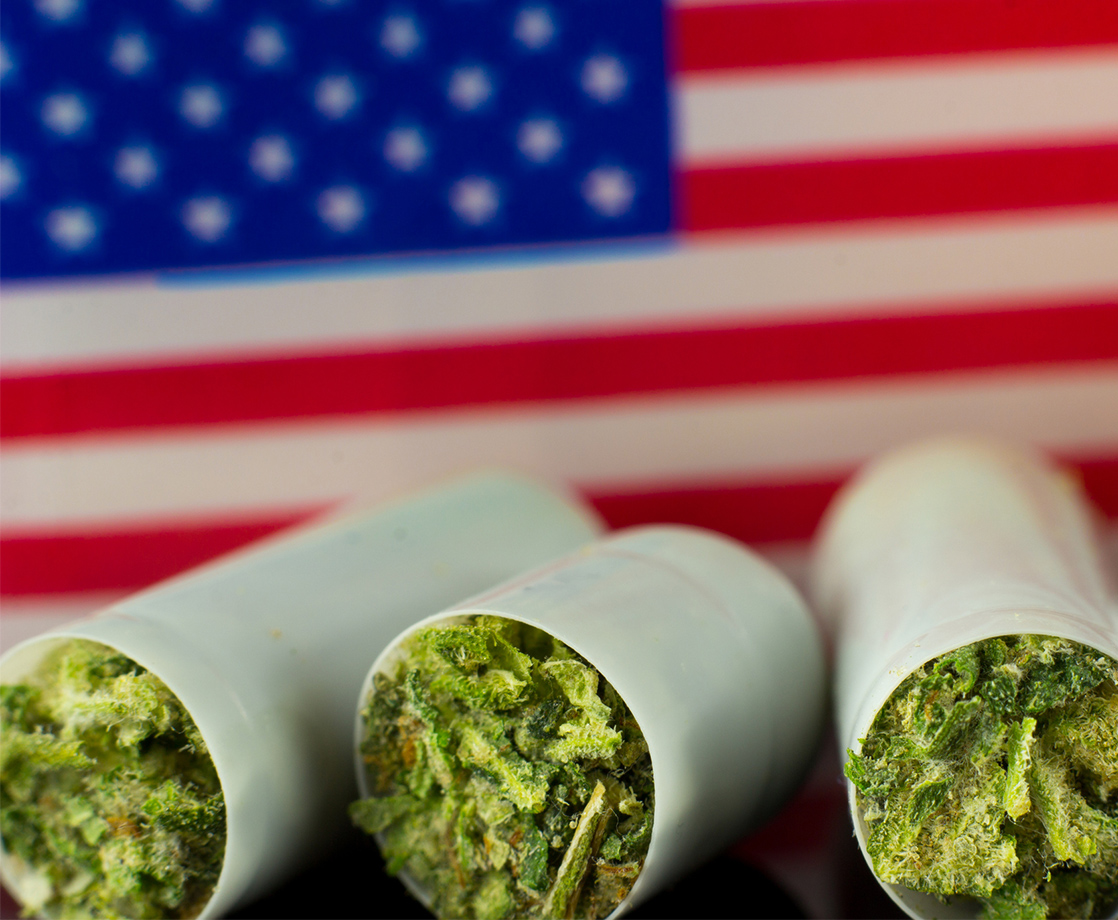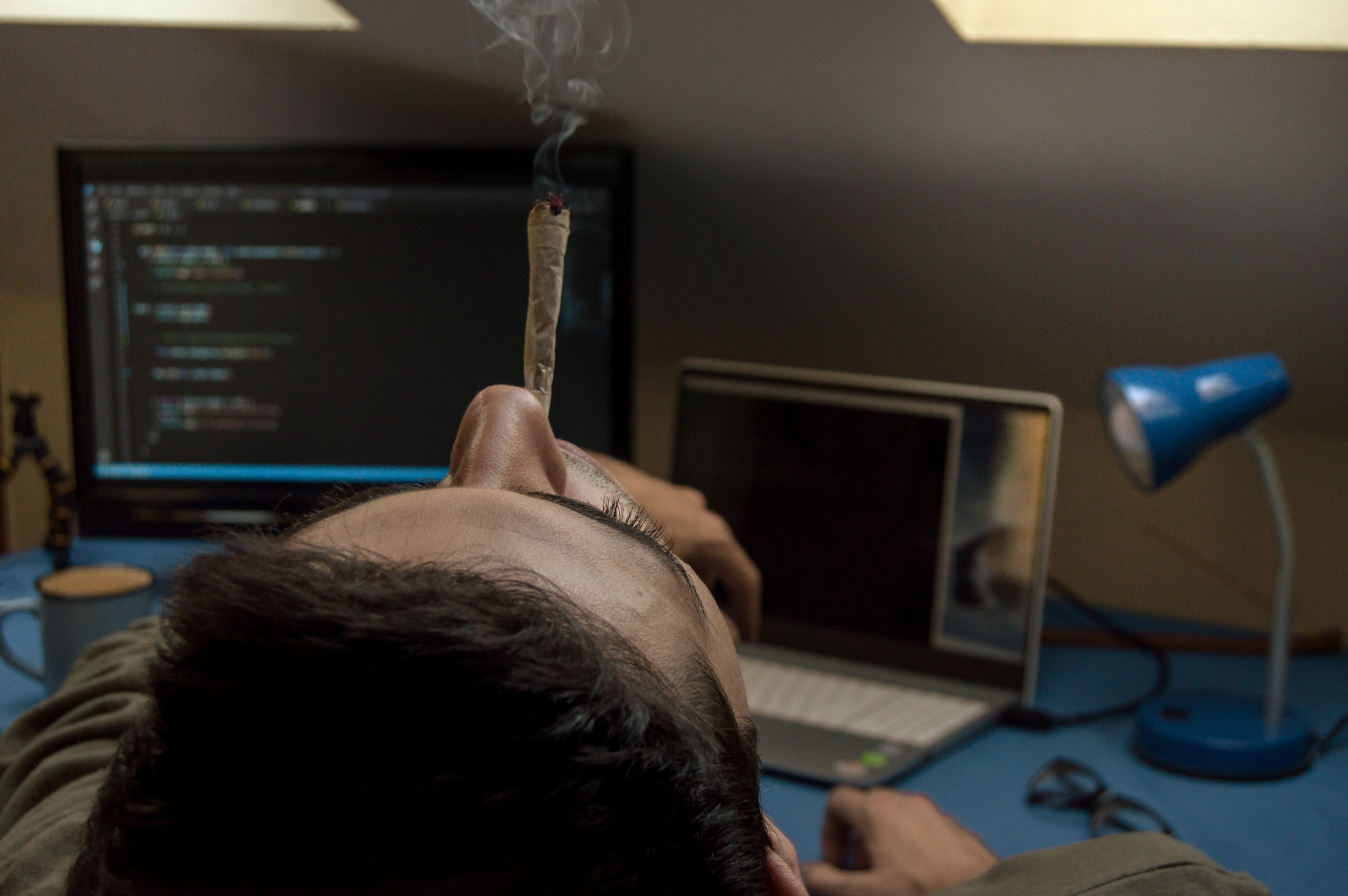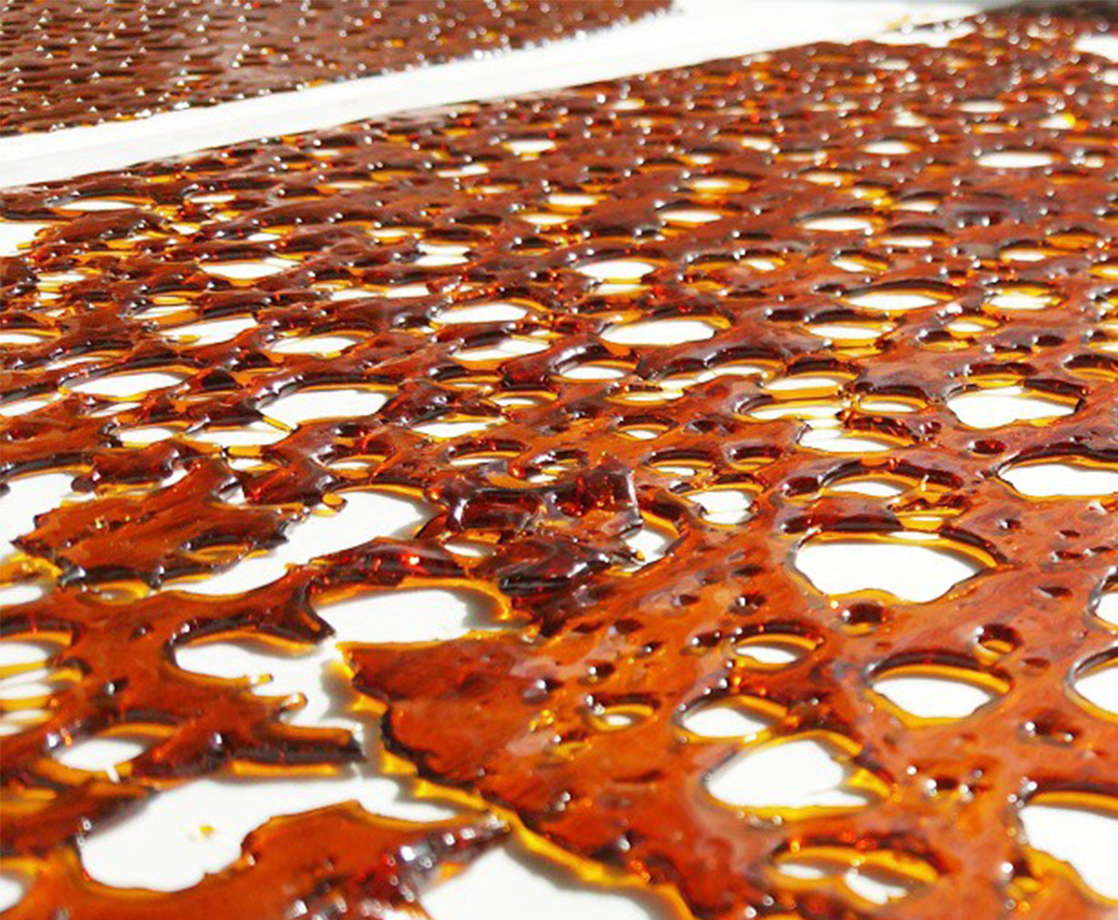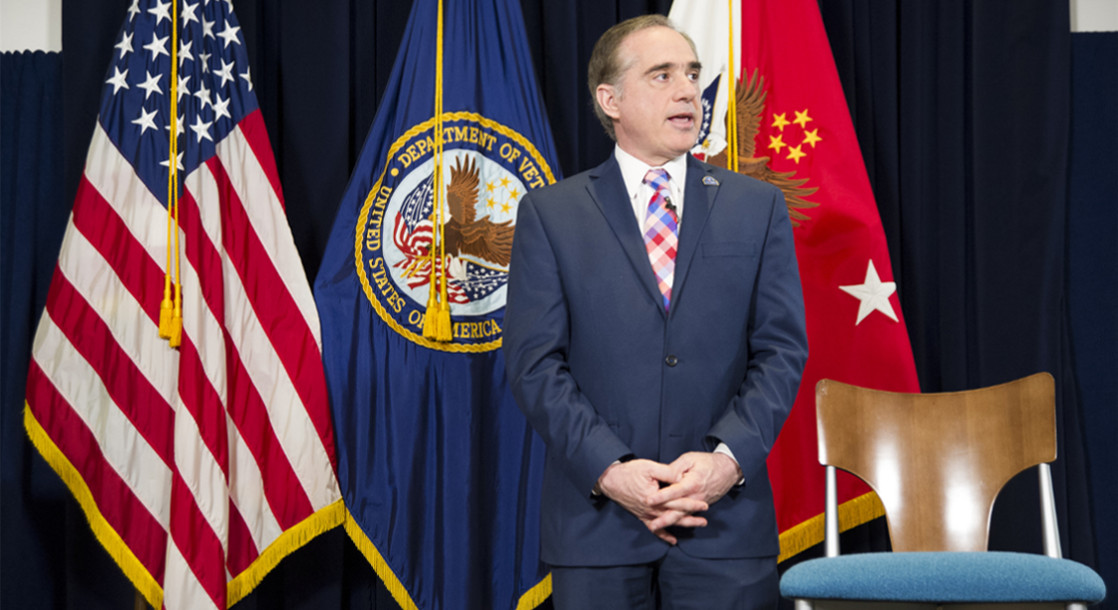In an effort to combat the nation’s opioid abuse epidemic and provide citizens with non-addictive tools to fight chronic pain, the New York Department Of Health has amended the Empire State’s medical marijuana program to include opioid prescription replacement and painkiller abuse as qualifying conditions to access legal weed.
The new rules, effective immediately, were added as emergency regulations, pushed forward by New York Health Commissioner Dr. Howard Zucker. The anti-opioid measures were first introduced last month, and traditional bureaucratic practices would have delayed implementation until August. Bypassing those expected channels, the Department of Health intends to enact the policy change as soon as possible.
“Medical marijuana has been shown to be an effective treatment for pain that may also reduce the chance of opioid dependence,” Dr. Zucker detailed in a press release announcing the emergency regulations. “Adding opioid replacement as a qualifying condition for medical marijuana offers providers another treatment option, which is a critical step in combating the deadly opioid epidemic affecting people across the state.”
New York first opened its medical marijuana program in 2016, with 12 qualifying conditions allowing cancer patients, Alzheimer’s sufferers, and more to purchase cannabis pills, tinctures, and vaporizers through state-licensed dispensaries. In the years since, Empire State lawmakers and advocates have pushed to expand the program, with a number of high-profile politicians now pushing to legalize the plant for recreational use, too.
In the meantime, though, the addition of opioid-related qualifying conditions will theoretically open access to medical cannabis to thousands upon thousands of New Yorkers. According to the Department of Health’s emergency regulations, “registered practitioners may certify patients to use medical marijuana as a replacement for opioids, provided that the precise underlying condition for which an opioid would otherwise be prescribed is stated on the patient’s certification. In addition, the regulation adds opioid use disorder as an associated condition. This allows patients with opioid use disorder who are enrolled in a certified treatment program to use medical marijuana as an opioid replacement.”
While scientific research has time-and-again found cannabis to be a near-miraculous replacement for opioid painkillers — not only in the treatment of pain, but in addiction rehabilitation — most medical marijuana programs across the country have stopped short of condoning weed as a direct replacement for pills.
A similar bill that would have allowed Colorado doctors to replace opioid prescriptions with cannabis recommendations was shot down in the state legislature earlier this year. And another bill in Illinois that would turn any valid opioid prescription into a de facto MMJ recommendation has been sitting on the desk of Governor Bruce Rauner for months.
New York’s amended medical marijuana rules will become official at the end of the month, on August 1st, where they will then be subject to a 60-day public comment period.
Follow Zach Harris on Twitter











